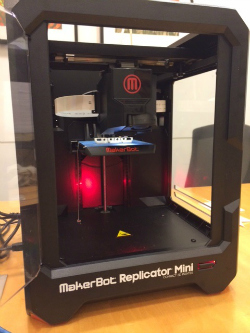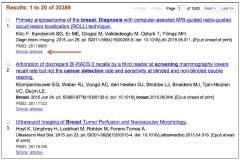The American Society of Clinical Oncology meeting this year had close to 6,000 abstracts submitted for review, with 4,882 abstracts published in conjunction with this conference. Of these abstracts 2,392 were presented onsite during the poster discussion, oral abstract, and poster sessions. Details can be found on the ASCO website.
Memorial Sloan Kettering contributed 296 abstracts which represents an increase of approximately 15% from last year’s total abstract count. Also last year, there were 7 MSK authors that published 10 or more abstracts. This year there were 12 MSK authors that published 10 or more abstracts: C.A. Hudis (18), M.F. Berger (15), D.M. Hyman (15), M.G. Kris (15), R.J. Motzer (13), M.E. Arcila (12), L.B. Saltz (11), M. Ladanyi (10), H.I. Scher (10), D.B. Solit (10), M.H. Voss (10), and J.D. Wolchok (10). The top three categories (as determined by ASCO) were Genitourinary (Nonprostate) Cancer (26), Gastrointestinal (Noncolorectal) Cancer (21), and Lung Cancer-Non-Small Cell Metastatic (21). The abstracts include three on the historic IBM Watson Oncology application being implemented at MSK. 
Please click to download the list of MSK abstracts as a PDF File or an EndNote Library. The PDF File contains the citation and URL for each abstract. Contact us if you have any questions or need support with the EndNote Library.
 The things people are doing with 3D printing – from robotic prosthesis to cookie cutters shaped like Yoda – never cease to amaze me. We’ve mentioned some of the
The things people are doing with 3D printing – from robotic prosthesis to cookie cutters shaped like Yoda – never cease to amaze me. We’ve mentioned some of the 
